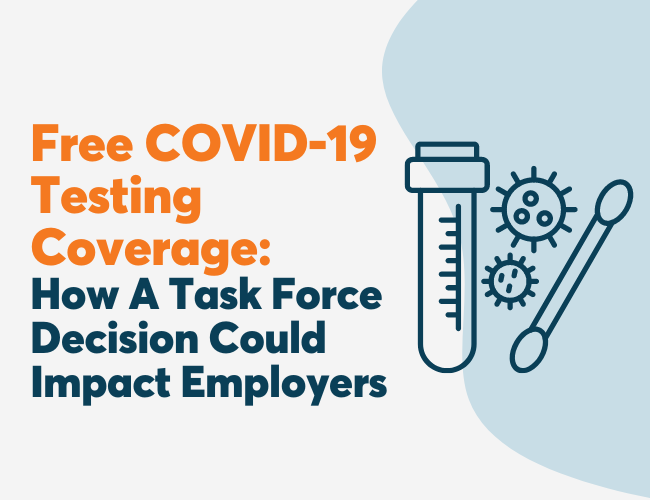Despite the growing call for adequate mental health solutions, several barriers prevent those in need from receiving adequate treatment.
One underreported but increasingly prominent obstacle is growing wait times. One pre-pandemic study found that the average wait time to see a psychiatrist for an initial evaluation was 25 days and that some patients had to wait nearly three months.
Since the pandemic began, the number of individuals seeking treatment has skyrocketed, and therapists are feeling the pressure. According to data released by the American Psychological Association, nearly one-third of psychologists say they’re seeing more patients during the pandemic. Additionally, 44% say they’ve seen a drop in cancellations. As a result, mental health care lines continue to rise.
Adverse Effects Of Delayed Treatment
Delayed treatment can have detrimental effects on the individuals seeking it. To start, many who run up against appointment delays decide to forgo treatment altogether. In an interview with the Chicago Tribune, Linda Rosenberg, President and CEO of the National Council for Mental Well-Being, stated:
For every one day of wait time, you lose one percent of the patients—so if you have a 21-day wait, 21% of the patients seeking care just will give up and not show up.
The longer these patients wait, the worse their prognosis is. One study found that depressed individuals who don’t receive treatment for six months or more are significantly less likely to achieve remission than patients who get access to professional help earlier on.
Even after treatment is initiated, timing remains a pressing issue. Researchers found that individuals suffering from depression, anxiety disorders, or personality disorders are more likely to experience symptom improvement and recovery as appointment frequency increases.
Given that prolonged stress is associated with a wide range of negative organizational outcomes (e.g., decreased , and cognitive ability), employers must help employees access prompt mental health care.
California Senate Bill No. 221
To combat this problem, the California state legislature recently passed a bill that will require health insurers to limit wait-times to no more than 10 days for initial appointments and follow-ups. Insurers that fail to meet this demand may face serious fines.
The rationale behind this solution is rather simple. Most individuals can only afford to receive help from mental health professionals who are covered by their insurance. The problem is that many mental health providers either work with a limited range of insurance companies or don’t accept insurance at all. For instance, one study found that 45% of psychiatrists don’t accept private fee-for-service insurance. This effectively cuts the supply of therapists for patients who can’t afford to pay out of pocket in half.
When listing their reasons for deciding not to participate with insurance companies, therapists often cite low reimbursement rates and logistical issues. By charging insurance companies for delayed treatment, California legislatures hope to incentivize them to offer mental health professionals with more attractive deals, thereby increasing the number of participating providers.
Takeaway
Though California’s bill stands to dramatically decrease wait times, it doesn’t go into effect until July 2022. Moreover, only a handful of other states have adopted similar measures. Until these policies become more widespread, corporations must take active steps to provide their employees with faster mental health solutions. In particular, organizations should:
- Fight for similar policies in other states: Aside from California, only six other states have laws limiting wait times. Employers in the remaining states should focus on encouraging local lawmakers to propose similar bills. Companies can accomplish this by forming action coalitions with non-governmental organizations (NGOs) that engage in various forms of activism to influence policy. By donating funds and publicly aligning themselves with the appropriate non-profits, companies can amplify an NGOs influence and boost their ability to persuade government officials to formulate policies that make mental health care more efficient and accessible.
- Offer resources to support employees searching for providers: Finding an in-network provider with quick availability takes a considerable amount of time an energy. When stressed out after a full day’s work, the process of sifting through a long list of providers can feel mentally overwhelming. To give employees the best possible chance of locating an affordable therapist with flexible availability, companies should offer employees access to resources (e.g., employee assistance programs, educational content, etc.) to facilitate their research.












